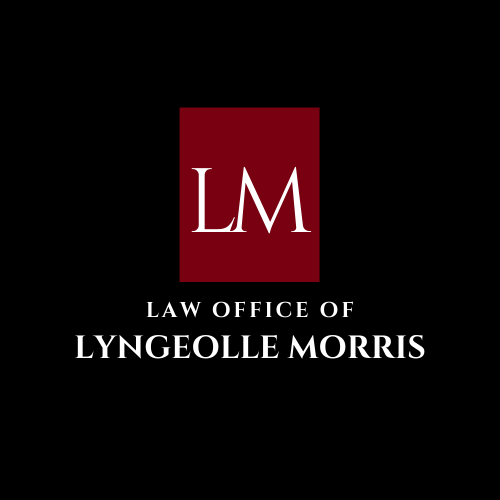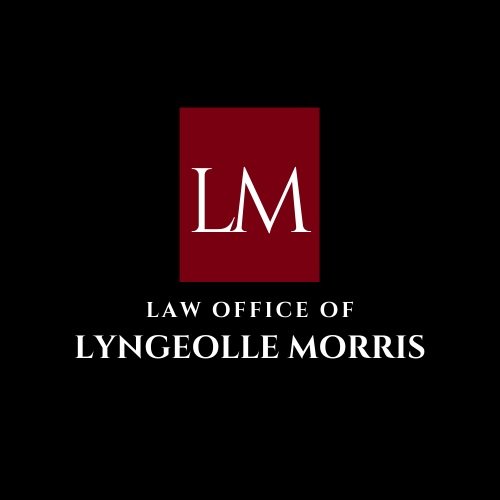How To Incorporate Charitable Giving Into Your Estate Plan
Leaving A Gift For a Charity or Charitable Cause
If you have been considering getting your Will in place, you may have already begun the process of carefully considering who you will be named as beneficiaries under your Will.
For some, this includes making a contribution to a charitable cause that you care about. Your motivation for leaving a gift to a charity may be that you want to give back to a cause or organisation that means a lot to you. For others, it may be that you have a desire to leave a legacy behind that sheds light on a particular cause or that encourages others to recognise the good work of an existing charitable organisation. Another reason why you may wish to leave behind a charitable gift is that you may not have any relatives or loved ones and you may wish to leave a gift to a charity which you know would truly benefit from such a contribution.
Whatever your motivation, it is important that you consider putting legal planning in place in order to ensure that your gift is passed on as intended.
What is Charitable Planning?
Charitable planning involves putting measures in place so that you can provide a gift for a charitable purpose as part of your estate plan. This involves giving clear instructions on how your property is to be distributed upon your death when it comes to supporting a cause or charity that is important to you.
How To Legally Pass on a Charitable Gift
One of the most effective ways to ensure that your assets are passed on to a charity or for a charitable purpose, whether it be all of your assets or part of your assets, is through documentation in your Will.
If leaving behind a charitable gift is of importance to you and your family, it is crucial that you have this legally documented in your Will. A charity of your choice may be named as a beneficiary under your Will or you may direct that your executor and/or trustee distribute your assets for a charitable purpose.
Based on the rules of intestacy as outlined in our previous blog article, if you die without leaving a Will, your assets would pass on by legal default and not pass according to your personal wishes. By not legally documenting them, you lose your opportunity to leave behind a gift that would have been important to you and your community at large.
What is classified as a Charitable Gift?
You may choose to leave a gift either for a charitable purpose or for a charity of your choice. The most common gift is a monetary gift, but you may also pass on real estate or any other asset of value. You may choose to give either a specific amount, a portion of your estate or all of your estate.
It should be noted that the charitable bequest in question must be exclusively for a charitable purpose. Under Barbadian law, a charitable purpose is defined under section 3 of the Charities Act of Barbados, which can be found here:
Some examples of a gift with a ‘charitable purpose’ would be one which provides for the following:
- Relief and prevention of poverty
- Relief and prevention of sickness and disability
- Advancement of education
- Advancement of religion
- Advancement of ethical and moral teachings and studies
- Relief of distress caused by natural disasters or sudden catastrophes
- Promotion and publication of research
- Cultivation of art, music, literature, fine craftmanship
- Advancement of science and the establishment and maintenance of learned societies
- Provision of social welfare services
- Promotion and improvement of national heritage
- Promotion of sport and recreation
- Welfare of children
- Welfare of animals
- Provision of public work for the benefit and protection of the community
- Or any other purpose that is within the spirit of any of the above
As you can see from these examples, the gift in question must therefore be for a ‘public benefit’, that is, one that is available to the public at large or to a particular section of the public.
What Is Your Mission?
Planning your philanthropic endeavours after your lifetime may be an important goal for you and the kind of legacy you wish to leave behind. Perhaps you have a mission to honour the work of a loved one, you may wish to give back to an organisation that helped inspire or shape you, or you may wish to contribute to an important cause that you wish you to shed more light on.
Charitable giving through your estate plan can be a very fulfilling decision and allows you to create impact in the lives of others. This gives you and your loved ones the ability to leave behind a legacy that you can be truly proud, one that is in keeping with your mission and personal passions.
Questions?
Thank you for taking the time to learn more about charitable giving as part of your estate plan.
If you are interested in learning more about how you can incorporate charitable giving into your estate plan, our office would be delighted to speak with you further. To find out if we can be of assistance, kindly contact us our office by clicking here.
We look forward to sharing more about how you can create the legacy you truly want to leave behind through charitable planning.


